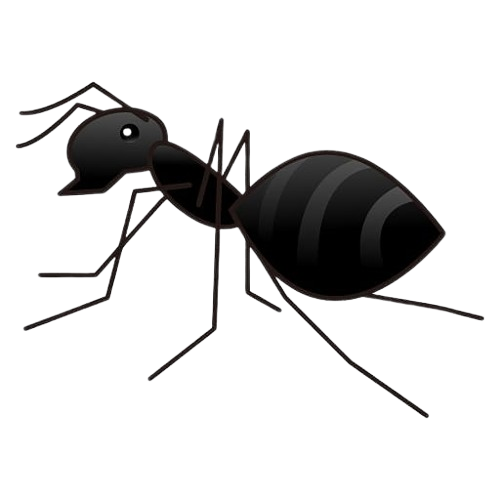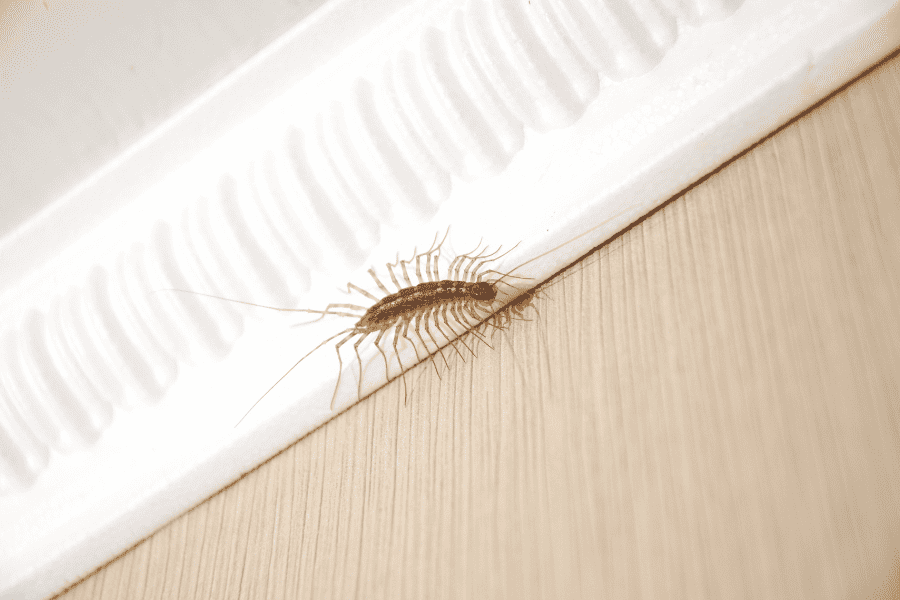
Jul 27, 2023 | Pest Control
Summer is a time of warmth, sunshine, and relaxation. Unfortunately, it’s also a time when a variety of pests are most active. From ants and flies to roaches and centipedes, these insects can be a major annoyance and even a health hazard. Discover common summer pests below:
Ants
Ants are a common sight in the summertime, especially in kitchens and pantries where they search for food. To prevent ants from invading your home, make sure to keep your kitchen clean and free of crumbs and spills. Store food in airtight containers and keep ripe fruit in the refrigerator. Sealing cracks and holes in your home’s foundation and walls can also prevent ants from entering.
Flies
Flies are a common summertime pest, buzzing around and spreading germs wherever they land. To prevent flies from invading your home, make sure to keep doors and windows closed or screened, especially during the hottest parts of the day. Keep your kitchen clean and dispose of garbage regularly.
Roaches
Roaches are another unwelcome summertime pest. They can carry diseases and trigger allergies in some people. To prevent roaches from entering your home, seal any cracks or gaps in your home’s foundation and walls. Keep your kitchen clean and free of crumbs, and store food in airtight containers.
Centipedes
Centipedes can appear creepy, with many legs! They are often found in dark, damp areas such as basements and bathrooms. To prevent centipedes from invading your home, keep these areas dry and well-ventilated. Seal any cracks or gaps in your home’s foundation and walls.
If you begin seeing these summer pests around your home, give your local pest control company a call for a free inspection and a customized treatment and prevention plan!
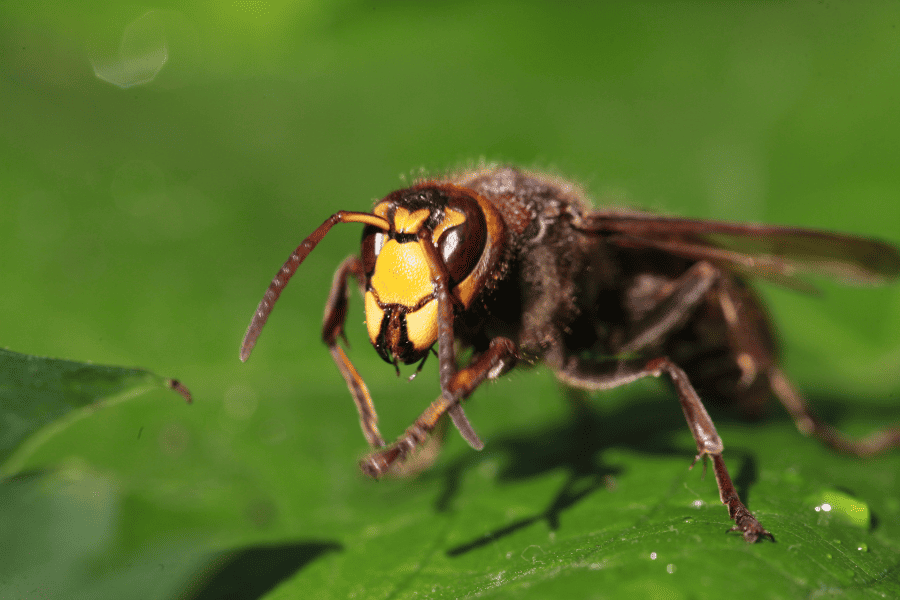
Jul 20, 2023 | Pest Control
Stinging pests can be a real nuisance, and in some cases, a danger to your health. From hornets and wasps to fire ants, these pests can leave painful stings that can cause itching, swelling, and in severe cases, anaphylaxis. Let’s take a closer look at the different types of stinging pests and provide tips on how to prevent and identify them.
Hornets: Hornets are large, aggressive wasps that can pack a powerful sting. They typically build large paper nests in trees, bushes, and other outdoor locations. To prevent hornets from nesting on your property, inspect your home’s exterior regularly and seal any openings or gaps. Keep your outdoor trash cans sealed and dispose of food waste properly. If you do encounter a hornet’s nest, do not attempt to remove it yourself. Instead, call a professional pest control company.
Wasps: Wasps are similar to hornets, but they tend to be smaller and less aggressive. They can still pack a painful sting, however, and they can build their nests in a variety of locations, including under eaves, in trees, and shrubs. To prevent wasps from nesting on your property, keep your home’s exterior well-sealed, dispose of food waste properly, and keep outdoor trash cans sealed. If you do encounter a wasp nest, call a professional pest control company to safely remove it.
Fire Ants: Fire ants are small, reddish-brown ants that are known for their painful sting. They build large mounds in lawns and gardens and can be especially active during the summer months. To prevent fire ants from taking over your yard, keep your lawn well-maintained and avoid leaving piles of leaves or other debris in your yard. Treat fire ant mounds with bait or insecticide specifically designed for these pests and wear protective clothing and gloves when working in the yard.
If you discover an influx of stinging pests around your home call a professional pest control company if you do encounter a nest or infestation.
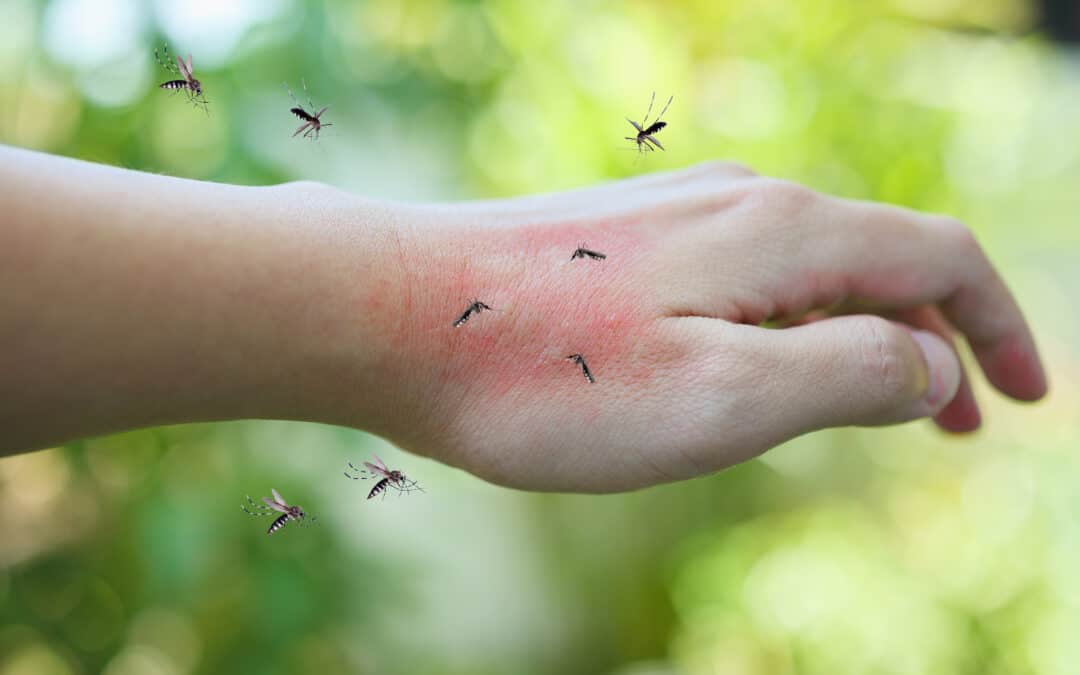
Jul 18, 2023 | Mosquito
Ah, summertime! The sun is shining, the flowers are blooming, and the mosquitoes are out in full force. Yes, mosquitoes, those pesky insects that enjoy nothing more than buzzing around your head and leaving behind itchy, irritating bites. Not only are mosquito bites annoying, but they can also transmit diseases such as West Nile, Zika, and dengue fever. So, it’s important to prevent mosquito bites by placing preventative measures throughout your property to help eliminate these pests in your yard.
Here are some do-it-yourself tips for preventing mosquito bites:
- Wear protective clothing: When you’re going to be spending time outside, wear long-sleeved shirts and pants to cover your skin. Light-colored clothing is also a good idea, as mosquitoes are attracted to dark colors.
- Use mosquito repellent: Look for mosquito repellent products that contain DEET.
- Avoid peak mosquito hours: Mosquitoes are most active during dusk hours, so try to avoid spending time outside during these times if possible.
- Use screens: Make sure your windows and doors have screens that are in good repair to keep mosquitoes out of your home.
Now, let’s talk about how to eliminate mosquitoes in your yard:
- Eliminate items that can hold water, including toys, buckets, pet bowls, tarps, old tires, and hollowed logs or stumps.
- Utilize screens on all windows and doors if you keep them open.
- Clean your gutters of leaves and debris to prevent pooling and standing water.
- Keep your pools, ponds, and bird baths clean every few days.
Mosquitoes can be a real nuisance in the summertime, but by taking these steps to prevent bites and eliminate mosquitoes in your yard, you can enjoy your time outdoors without worrying about these annoying insects. If you notice more mosquitoes around your yard than you are comfortable with, consider reaching out to your local pest control company for a free inspection.
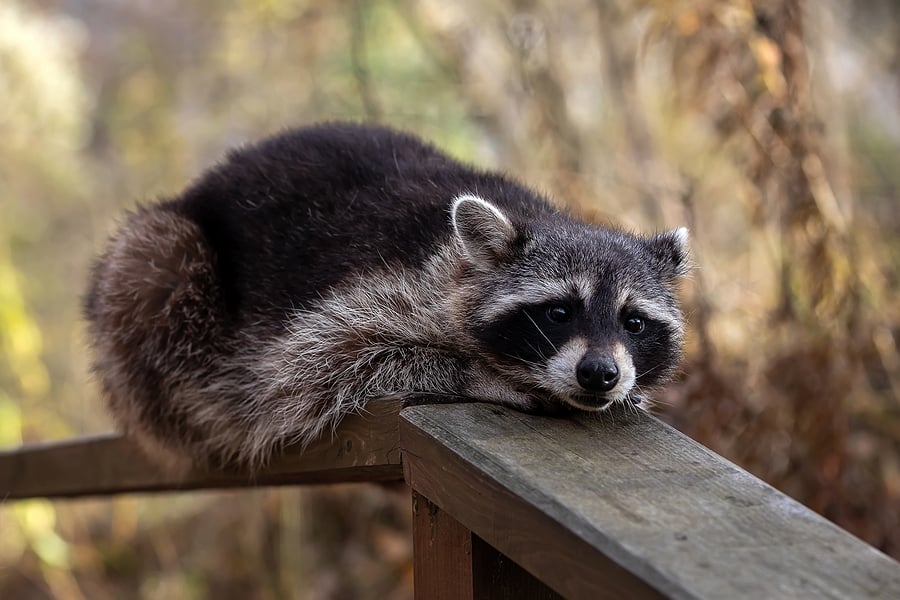
Jul 13, 2023 | Wildlife
Raccoons are common wildlife found around homes or anywhere they can find an available food source. Although they look cute and cuddly, they are very aggressive when cornered and can cause significant damage to your home and yard.
Raccoons mate in February and March and litters are born 60-70 days after. They have anywhere from 2 to 5 kits per litter. Young raccoons are fully weaned and independent from their mothers in the summer, which is why we often see more of them this time of year. Mother raccoons are finding food and new nesting sites for their newly independent babies.
Raccoons will nest high in trees and are often found in our attics and crawlspaces. They are omnivores and will feed on anything, often raiding our trashcans for a meal. In late summer, they increase their food intake to build up their fat layers for the upcoming winter months.
Raccoons cause damage by upending trashcans and spreading trash across our yards, leaving droppings behind that contaminate our homes, urinating in attics which contaminates insulation and can cause mold, chewing through wires causing fire hazards, and shredding insulation for nests which can lead to costly damages and increased heating and air bills.
You can prevent raccoons by:
- Getting rid of food sources. These pests won’t hang around if there’s nothing to eat. Secure trashcan lids with either locking lids, bungee cords, or heavy items like cinder blocks placed on top. Bring pet food and bird feeders inside overnight. Clean up fruit that may have fallen from trees on the ground.
- Sealing entrances. Raccoons prefer to nest in dark, cozy spaces. They will often nest in attics, crawlspaces, and under porches. Block off entrances to these areas by closing gaps in attics, roofs, and siding and installing trellises around the bottom of porches.
- Calling professional wildlife control. They can be very aggressive when cornered or trapped. Contact your local pest control company who can safely remove and relocate raccoons from your property.
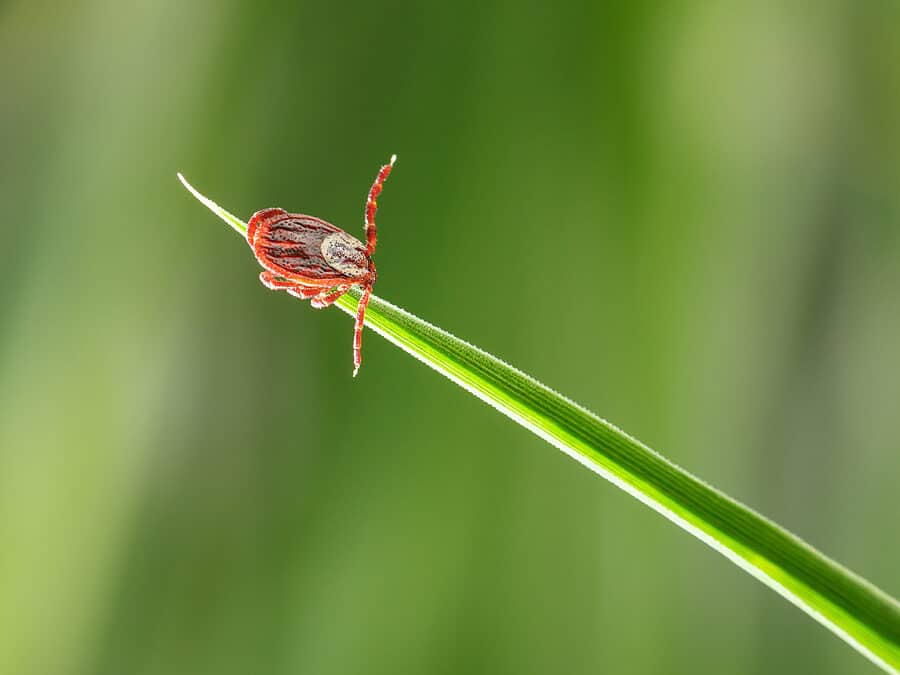
Jun 29, 2023 | Pest Control
While most people associate summer with warmer weather and more time spent outdoors, it also marks peak season for many Georgia pests. Here are 5 of the most common summer pests in Georgia and how to prevent them.
Mosquitoes
Mosquito season peaks in summer (peak months are June to September) with activity at hits highest. Mosquitoes are most active at dawn and dusk. These pests transmit serious diseases to both humans and pets. They also breed in standing water found around your home. You can get rid of mosquitoes this summer by:
- Getting rid of any standing water around your home.
- Wearing mosquito repellent when spending time outdoors.
- Avoiding any outdoor activities at dawn and dusk.
Ticks
Ticks are active from late spring to early fall. These summer pests are known to transmit serious disease to humans and pets. They are commonly found wooded areas and areas with tall grass. Avoid ticks this summer by:
- Wearing long sleeves and pants.
- Checking for ticks after any time spent outdoors.
- Routinely checking your pets for ticks.
- Using vet approved tick preventatives on your pets.
Spiders
Spiders are common in summer as they are often driven from their hiding places by the warmer temperatures (e.g. your attic). While spiders are beneficial to have around as they eat other common pests found in your home, they can be a nuisance. Keep spiders at bay this summer by:
- Sealing around pipes and under doors.
- Using a dehumidifier to keep moisture out.
- Decluttering your home.
- Sweeping cobwebs down as soon as they appear.
Ants
Ants emerge in the summer in search of food (particularly sweets and grease) that they take back to their colonies. This is why they are often found in kitchens. You can prevent ants by:
- Getting rid of debris around foundations.
- Keeping your kitchen clean and crumb free, especially counters and appliances.
- Storing food in sealed containers.
- Trimming branches back from the exterior walls and roof of your home.
Stinging Pests
Stinging pests, such as wasps, hornets, bees, and yellow jackets, are prominent in the summer months. These pests will often forage for food during the warmer weather. Avoid stinging pests by:
- Covering food and drinks when outdoors.
- Avoiding sweet or flowery smelling perfumes.
- Repairing holes in decking, siding, and screens to eliminate nesting spots.
- Maintaining routine lawn care.
Don’t let summer pests ruin your time outdoors. Contact your local pest control company today for a free evaluation.







